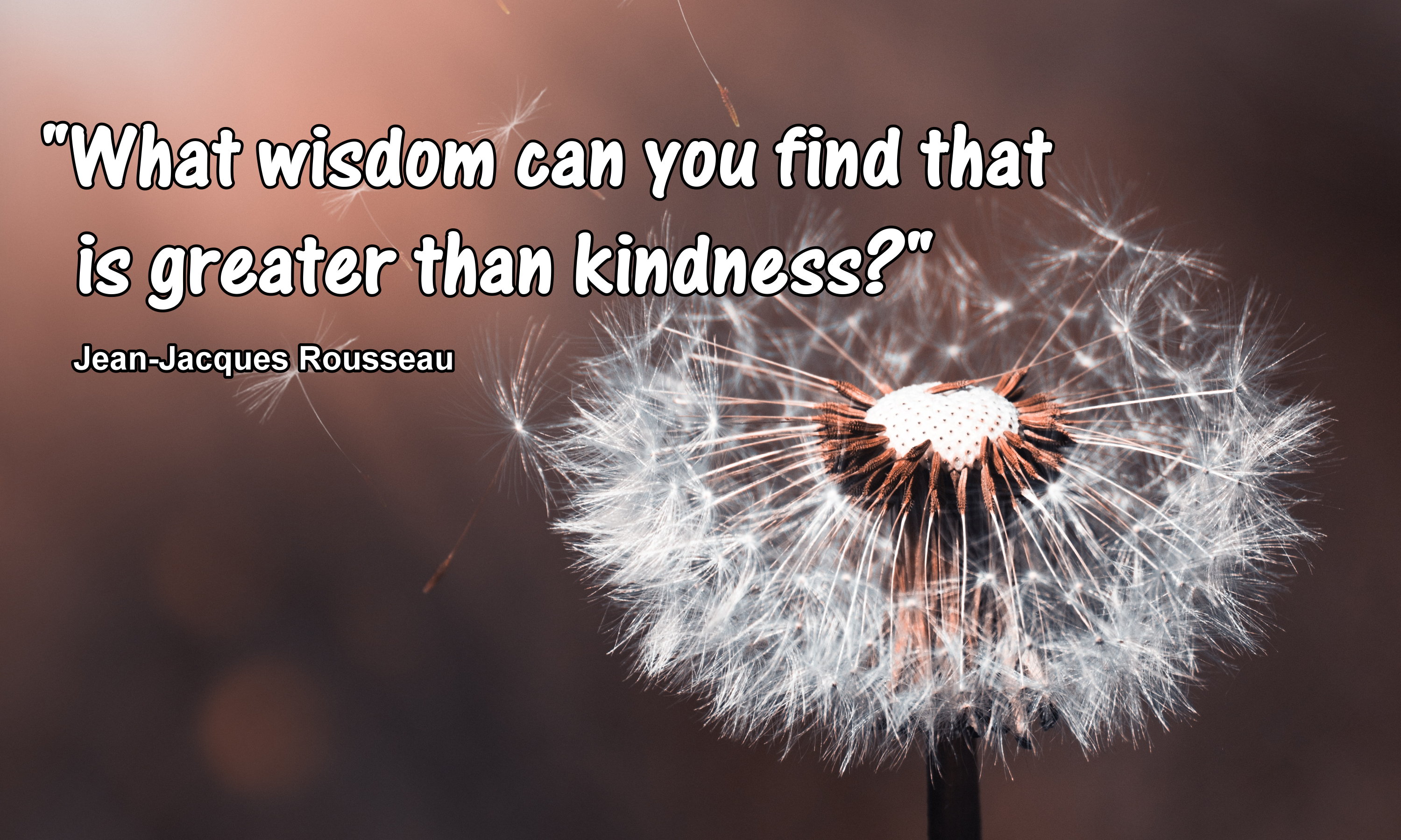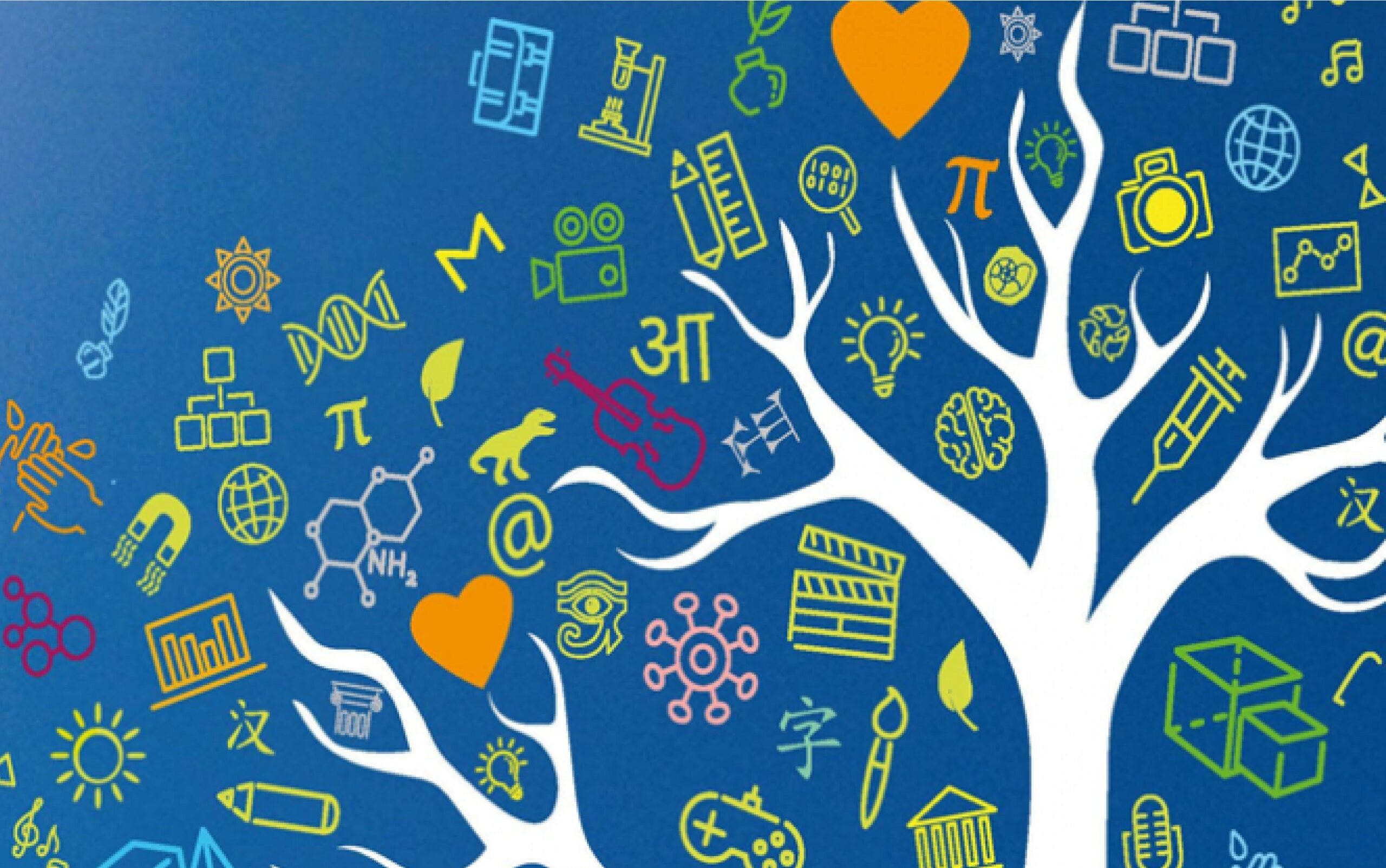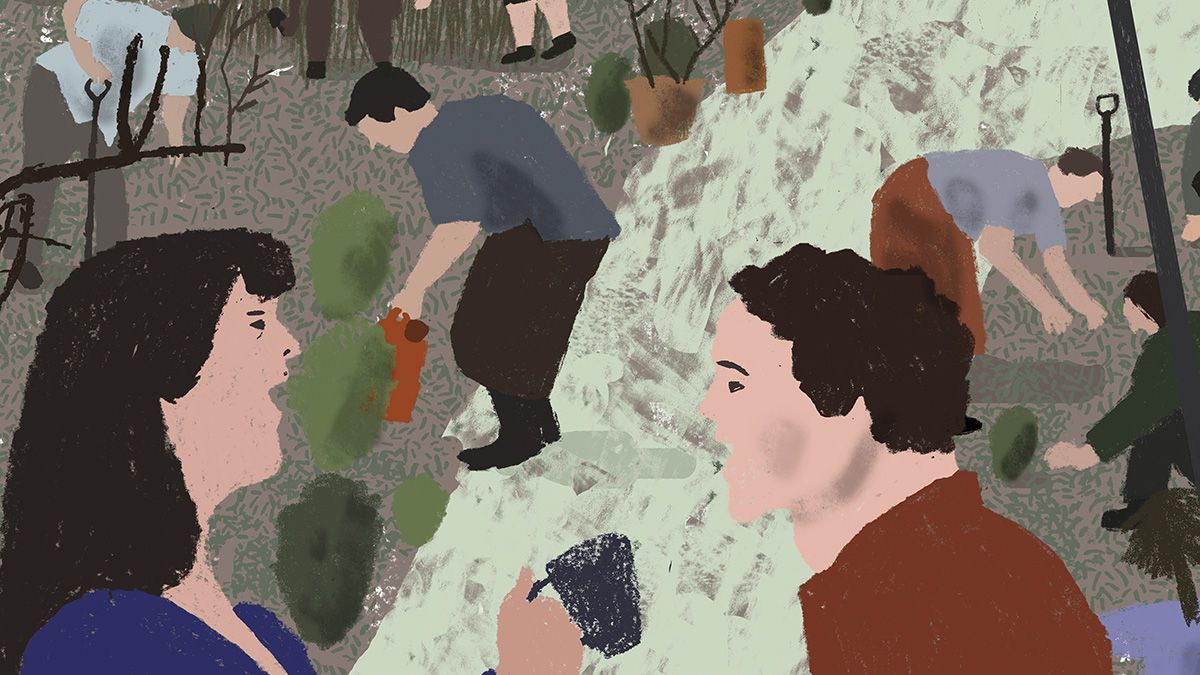‘Education of the mind without education of the heart is no education at all.’-Aristotle
Photo credit:The Pictures Quotes Blog
Why kindness is the key to a new economy
The world needs kindness; every person, everywhere, needs kindness. Kindness gives Hope and hope gives us life. Kindness connects us and fuels us. Kindness moves us. Kindness keeps us. Kindness grounds us. Kindness protects us. Kindness anchors us. Kindness is what makes us human.
Can we find space for kindness and empathy in our classrooms, teaching and deliberations, against a backdrop of complexities and challenges, where we have allowed compassion, love and kindness to be viewed as luxuries, rather than necessities of life? Can we nudge people to behave altruistically? Can we build a view of society that is built not from the extremes, not from saints and sinners, but through the everyday kindness of action, by state, by organisations, businesses and the individuals? Can greed be transformed into generosity, selfishness to selflessness, hatred to kindness,...,? Can we alter policies and practices to make the world a kinder place? Can we all come together and in the interest of the common good, begin to imagine a different world, a kinder world?
Kindness As a New Method for Economic System Change
Economics and Kindness to Transform the World

Photo credit:UNESCO-UNEVOC
‘We become teachers for the reasons of the heart.
But many of us lose heart as time goes by.
How can we take heart, alone and together,
So we can give heart to our students and our world,
Which is what good teachers do?'-THE HEART OF A TEACHER
N.B. Paraphrasing the beautiful and wise words of Aldous Huxley, I, too, feel a little embarrassed that after 45 years of research and study, teaching economics and business, the best advice I can give people is to be a little kinder to each other. I wish my legacy to be my teachings that, unless we bring our material and spiritual needs together in harmony and in equilibrium- a state of physical and mental balance- then, we will never discover the true purpose of our lives and will live a soulless and meaningless existence, devoid of any humanity, spirituality and meaning.
‘Kindness in words creates confidence. Kindness in thinking creates profoundness. Kindness in giving creates love.’- Lao Tzu
‘Your acts of kindness are iridescent wings of divine love, which linger and continue to uplift others long after your sharing.’ and ‘When we practice loving kindness and compassion we are the first ones to profit.’- Rumi
‘Forget Survival of the Fittest: It Is Kindness That Counts.’

Illustration by Matt Booker via Resurgence
It is now becoming more and more evident that the 'survival of the kindest' is the true path, as it has always been. Many eminent geneticists, social scientists, psychologists, anthropologists and philosophers are challenging long-held beliefs that human beings are wired to be selfish, greedy and individualistic. It is now clearly apparent that we have evolved to be kind, compassionate, empathetic, and collaborative in our quest to survive and thrive.
As long as greed and selfishness are stronger than kindness and selflessness, there will always be suffering and pain.
Kindness builds empathy, creativity, optimism, harmony, and trust, creating the needed environment and the lasting positive impact for a better economy, happier lives and a better world.
‘So much of what we value is in fact preserved by kindness and is compatible with it. We can be kind and successful, kind and exciting, kind and wealthy and kind and potent. Kindness is a virtue awaiting our rediscovery and our renewed, un-conflicted appreciation.’- The Book of Life
Wouldn’t the world be a better place with a bit more kindness?
Modern thinking has failed us. We need the wisdom of those before us.
Anywhere I go, anyone I talk to, young and old, engaging and dialoguing with students and the communities, they all tell me that, if we carry on the way we are, there’s no future.
To my mind, sometimes, like the present time, when wisdom is in such a short supply, it is wise to allow ourselves to look to the past to move forward. At times, looking back can provide a time-honoured narrative and perspective, clarity and direction which can be extremely helpful in helping us move forward wisely.
Modern economics has failed us, the people and the planet, the entire web of life.
The time is now to seek economics of kindness and reverse the ‘brutal’ economics that has brought such a bitter harvest.
Economics and What it Means to Be Human
Time to Rethink Modern Economics
Can Modern Economics, Humanity and Kindness Become Friends?
‘Some say that my teaching is nonsense
Others call it lofty but impractical.
But to those who have looked inside themselves,
this nonsense makes perfect sense.
And to those who put it into practice,
this loftiness has roots that go deep.
I have just three things to teach:
simplicity, patience, compassion.
These three are your greatest treasures.
Simple in actions and in thoughts,
you return to the source of being.
Patient with both friends and enemies,
you accord with the way things are.
Compassionate toward yourself,
you reconcile all beings in the world.’- Lao Tzu
A Plea to My Fellow Economists
‘Capitalism, value-free, market-economy need rethinking, renewal and transformation. Our current political economic framework is fixated on economic growth, GDP figures, individual achievement, and short-term profit, all the while heightening barriers and obstacles to widespread prosperity for all. Faced with the challenges of mounting climate crises, abject poverty, inequality, mistrust, corruption, despair, ill-health, migration and systemic discrimination, to name but a few, we must reimagine ways to ensure ethical, spiritual, moral and economic flourishing for all. To achieve this, economics and economic education must change accordingly.
‘We are running out of time. If economics does not change, if the revolution in thinking that many critics have called for does not happen, if we do not revisit the rich and fertile soil in which economics was born, that being moral philosophy amid the broader questions of human existence, meaning, purpose, and ecology, then not only will we (the economists) have retreated from the chance to play a constructive role in solving these crises, we will also inherit well deserved scorn and contempt. The opportunity is upon us. Let us seize it.’-Excerpts from Economics and What it Means to Be Human
Lest We Forget
“Spiritual health and material well-being are not enemies: they are natural allies,” explored the spiritual economist and philosopher, E.F. Schumacher in his timeless seminal 1973 book Small Is Beautiful: Economics as if People Mattered.
It was centuries earlier that another visionary economist, first and foremost, a moral philosopher, in his epic and timeless book, Theory of Moral Sentiments, made the most convincing case for this very concept, where he explored the self-interested nature of man and his ability nevertheless to make moral decisions based on factors other than selfishness.
Modern economics can trace its roots to Adam Smith's seminal work, 'The Wealth of Nations'. In his time, economics was primarily regarded as a moral science. Regrettably, contemporary interpretations of Smith's legacy have become somewhat constrained, confused and falcified. This deliberate misrepresentaion in the interest of neoliberalism, which has deprived generations of students of economics to learn the truth about what economics is and/or should be.
As I have noted elsewhere: ‘...Today we mainly know only of his analogy of the ‘invisible hand’ and refer to him as defending free markets; whilst ignoring his insight that the pursuit of wealth should not take precedence over social and moral obligations.
We are taught that the free market as a ‘way of life’ appealed to Adam Smith but not that he thought the morality of the market could not be a substitute for morality for society at large. He neither envisioned nor prescribed a capitalist society, but rather a ‘capitalist economy within society, a society held together by communities of non-capitalist and non-market morality’. As it has been noted, morality for Smith included neighbourly love, an obligation to practise justice, a norm of financial support for the government ‘in proportion to [one’s] revenue’, and a tendency in human nature to derive pleasure from the good fortune and happiness of other people.
He observed that lasting happiness is found in tranquillity as opposed to consumption. In their quest for more consumption, people have forgotten about the three virtues Smith observed that best provide for a tranquil lifestyle and overall social well-being: justice, beneficence (the doing of good; active goodness or kindness; charity) and prudence (provident care in the management of resources; economy; frugality).
"Kindness is the parent of kindness."
"Nature, which formed men for that mutual kindness so necessary for their happiness, renders every man the peculiar object of kindness to the persons to whom he himself has been kind," Smith wrote in Moral Sentiments.
All said and done, I am only very sorry that, no one taught me these when I was a student of economics, and then, I did not tell the truth about Adam Smith to my students when I became an economics lecturer; something that I very much regret and something that I am trying hard to rectify, now that I am a “Recovering and Repenting” economist for the common good.
Adam Smith and the Pursuit of Happiness
Imaging a Better World: Moving forward with the real Adam Smith
The World would be a Better Place if Economists had Read This Book
A Must Read Book about how Adam Smith can change your life for better
Calling all academic economists: What are you teaching your students?
Wisdom and the Well-Rounded Life: What Is a University?
Neoliberalism destroys human potential and devastates values-led education
A Businessman and an Economist in Dialogue for the Common Good: Dubai 2004
Why Happiness Should be Taught at Our Universities
Fat Cats: An invitation to dialogue
What does it mean to be kind? What is Kindness?
Kindness and Economics to Awaken our Reimagination
“We Are Here for the Sake of One Another”
‘Kindness is the language which the deaf can hear and the blind can see’- Mark Twain
Wouldn’t the world be a better place with a bit more kindness?
Reimagining a Better World, a Better Life
“We do not need magic to transform the world. We carry all the power we need inside of us already. We have the power to imagine better.” - J.K. Rowling
“Imagination is everything. It is the preview of life's coming attractions. Imagination is more important than knowledge. Never give up on what you really want to do. The person with big dreams is more powerful than one with all the facts.” - Albert Einstein
Enabled and empowered by kindness in economics, I am reimagining the better Life I dream to see:
Imagine a political system that puts the public first. Imagine the economy and markets serving people rather than the other way round. Imagine us placing values of respect, fairness, interdependence, and mutuality at the heart of our economy. Imagine an economy that gives everyone their fair share, at least an appropriate living wage, and no zero-hour contracts. Imagine where jobs are accessible and fulfilling, producing useful things rather than games of speculation and casino capitalism. Imagine where wages support lives rather than an ever expanding division and separations between the top 1% and the rest. Imagine a society capable of supporting everyone’s needs, and which says no to greed. Imagine unrestricted access to an excellent education, healthcare, housing and social services. Imagine hunger being eliminated, no more food banks and soup kitchens. Imagine each person having a place he/she can call home. Imagine all senior citizens living a dignified and secure life. Imagine all the youth leading their lives with ever-present hope for a better world. Imagine a planet protected from the threat of climate change now and for the generations to come. Imagine no more wars, but dialogue, conversation and non-violent resolution of conflicts.
This is the world I wish to see and I believe we have the means to build it, if we bring economics and kindness together and take action in the interest of the common good.
Economics and Kindness:Teaching to Transform the World
Click the link below to discover pearls of wisdom on how to Make Economics ‘Kind’ and Build a Better World:
What if Universities Taught KINDNESS?
See also:
Make Economics 'People's Economics' and Build a Better World
